Divorce is a major life transition, and children need clarity, reassurance, and transparency to process it. How you communicate with your young child about the separation and divorce can significantly impact how they adjust emotionally and psychologically.
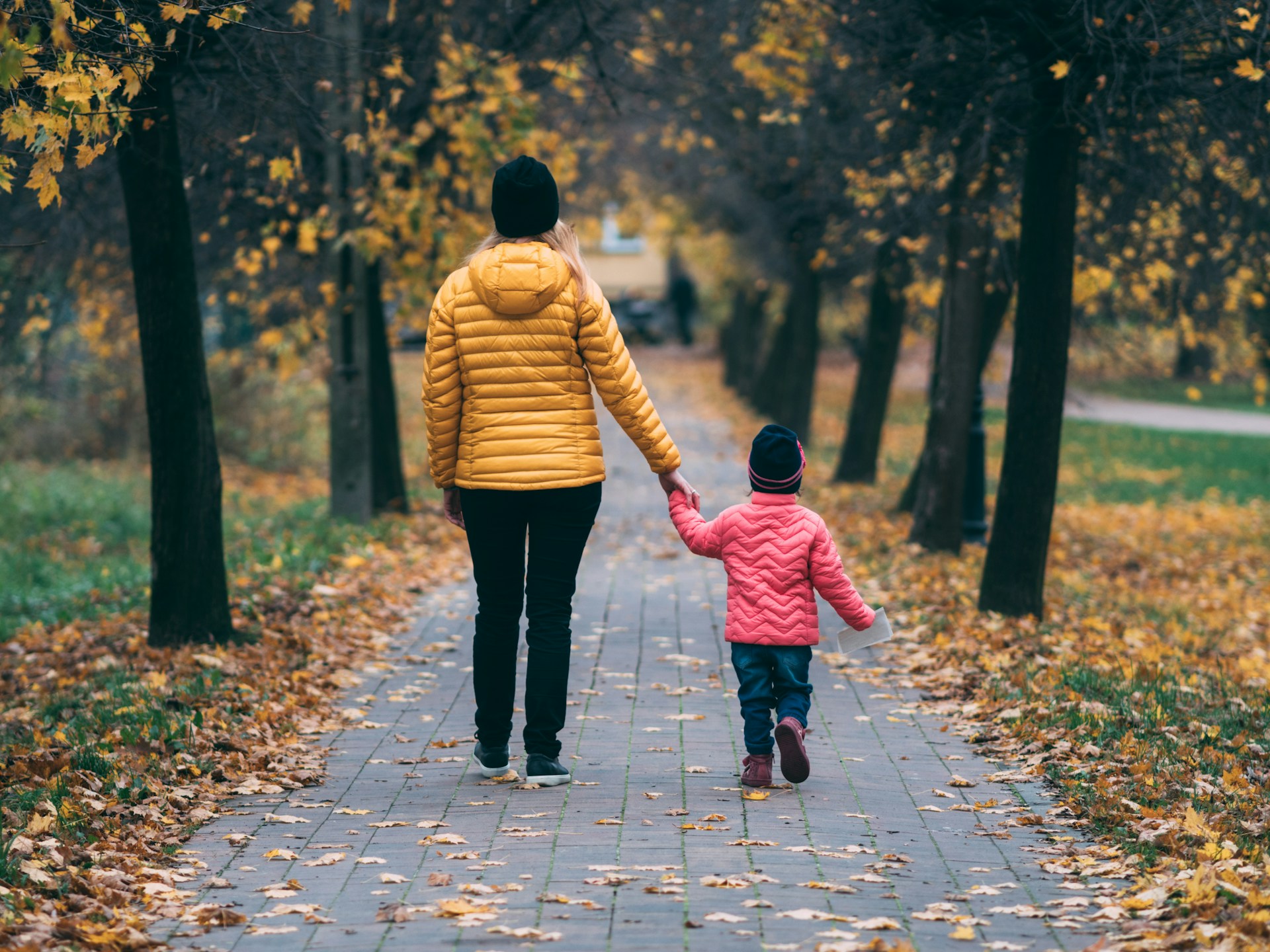
How To Talk To Kids About Divorce
This guide will help you approach the conversation with sensitivity and age-appropriate language so that you can make sure your kids feel like things are under control as well as remain unharmed in this delicate transition.
Let’s jump right in so that you avoid wasting time on online scrolling and move on to taking the right action that’ll ensure the conversation about divorce between you and your child leaves them peaceful and with a sense of clarity.
Hi, I’m Jovana, a Clinical Social Worker. Everything I share is based on years of formal education, research, and practical experience working with a justice system supporting parents and children go through the divorce process feeling safe and secure – even when family dynamics change – making confident decisions pre, during, and post divorce.
HOW TO TALK TO KIDS ABOUT DIVORCE

1. ENSURE THEY UNDERSTAND WHAT DIVORCE MEANS
No matter their age (except for infants), children need to grasp the fundamental meaning of divorce. The explanation should be tailored to their level of understanding, but in all cases, the key is to be transparent about the situation.
Transparency doesn’t mean you’re sharing inappropriate details or overburdening children with things they can do anything about but worry.
However, this doesn’t suggest keeping them away from the truth about the situation. You need to be transparent about what’s going on and how things will go from there but without overwhelming or manipulating them.
This is one of things that will make them feel safe, which is the starting position on your path to securing their well-being. To further help you with this, I’m delivering a FREE 3-day mini crash course 5 Steps To Ensure Your Child Feels Safe And Protected During A DIVORCE. This will enable them to not only survive, but adjust successfully now to be able to thrive later. Click below to sign up:
5 STEPS To Ensure Your Child Feels Safe During A DIVORCE (adjusting now to thrive later)
When it comes to age-sensitive language, this is about respecting their socio-emotional developmental level and comprehension capacity. You know your child best, so you’ll know how deep they can go in contemplating, so use this knowledge to your advantage.
I can provide some general ideas, though.
- For young children (ages 3-6): Use simpler terms like, “Mom and Dad won’t live in the same house anymore, but we both love you very much.” Avoid assuming these kids are too young so that you skip the talk altogether since it’s uncomfortable because you’re not sure how to deliver this information.
- For school-aged kids (ages 7-12): Provide more context, such as, “We have decided not to be married anymore, but we are still your parents and will always take care of you.” These kids could look for ways to motivate you to reconcile with your ex-partner, but this shouldn’t be seen as something irregular. Just be upfront about how this is and will be.
- For teenagers (ages 13+): They may have deeper questions and ‘rebellious’ reactions which is understandable. Be prepared to discuss what the divorce means for daily life while reassuring them of stability. Additionally, make sure that the kids aged 9-15 opinions on things that affect them are heard and valued and that they impact the final decisions significantly. When it comes to the divorce itself, this should apply to anything except your decision to get a divorce.
This doesn’t suggest that younger kids’ opinions shouldn’t be heard and don’t impact the end result. All kids have the right to share their views and stances (infants ‘do it’ through adults observing the signals they’re putting out, and older ones do it verbally or non-verbally, such as through play, drawing, etc.).
In most legislation, kids over 15 are entitled to deciding about the crucial aspects of their lives. Such as where and with whom of their parents or guardians they’re going to live, that’s a matter that has to be legally defined in a divorce.
Unless the separation decision is still uncertain, do not hide the reality from your kids. If the divorce is not finalized, give them the information you can and let them know that you will share more details once you have them.
If you need recommendations for child-parent post-divorce contacts based on age, read my post:
2. PROVIDE ENOUGH INFORMATION TO MINIMIZE ANXIETY
Divorce can make children feel powerless, confused, or anxious about the future if not communicated properly to them. Especially if not communicated in any way, which you need to avoid.
To ease these emotions, explain what changes they can expect:
- Where they will live (depending on their age and maturity, they may have a significant impact on this, so you should ask about their desire concerning this and acknowledge it).
- How often they will see each parent (again, they should have a say, and their opinion should be taken into account based on age, maturity, and evolving capacity to participate in decisions that affect them)
- Any changes to their school or routines (you get the idea about the participation for this as well).
For example, if one parent is not as present due to safety concerns or life circumstances (such as domestic violence or relocation), explain the situation in a way that is truthful yet appropriate for their age and maturity.
Providing context helps them feel secure rather than uncertain. However, avoid overloading them with details that may overwhelm and/or destabilize them. It’s enough to cover the basics in their entirety unless they have additional questions that you should answer as well.
If you want ro know what kind of language, communication, and information you need to shield your child from for their true well-being, get my FREE 3-day mini crash course 5 Steps To Ensure Your Child Feels Safe And Protected During A DIVORCE. This will enable them to not only survive, but adjust successfully now to be able to thrive later. Sign up below:
Read: DIVORCE: WHAT IF A CHILD PREFERS ONE PARENT (HOW TO RESPOND).
3. USE AGE-SENSITIVE LANGUAGE AND KEEP THE CONVERSATION RESPECTFUL
When discussing divorce, protect your child from unnecessary emotional burden.
Here’s what not to do:
- Avoid talking negatively about the other parent. Avoid statements that put them in a bad light. If the other parent is doing something bad, you can say that this is how it is, but this doesn’t mean you should use this as a way to ‘win a child over’ or alienate.
- Stay away from blaming the other parent for the divorce. Children should not feel like they must “pick a side.”
- Never ask them to take sides, neither with their words nor with their actions. This creates emotional turmoil.
- Be careful not to blame the kids for the divorce (in)directly. Children may already feel guilt and need reassurance that this is not their fault. They tend to associate things that happen around them with themselves.
- Stay away from manipulating their emotions. Avoid actions that could cause them to develop resentment or confusion toward the other parent.
- Never dismiss their questions and concerns. Answer truthfully but with careful consideration of their (real) maturity and current emotional state.
What to do instead:
- Be transparent and honest but age-appropriate. Answer their questions with clear (and simple) explanations suitable for their level of comprehension. (Avoid assuming that young children can’t or won’t understand. You just need to adapt your communication style to their preferred and suitable type of communicating.)
- Validate their emotions. Let them know that it’s okay to feel in whatever way they do, such as sad, angry, confused, or even relieved.
- Encourage open communication. Let them know and show them they can always come to you with questions or worries concerning this or any other thing that’s happening to them.
- Reassure them of stability of their relationships with both your words and actions. Emphasize that while some things will change, your love and support remain constant.
- If you don’t have all the answers, that’s okay, and you can share this fact with them. Just let them know you’ll provide all the answers once you have them and make sure to do so (stick to your promise).
I also have to give some guidelines if you’re experiencing violence between intimate partners or domestic violence. This mostly affects women (but it can impact men as well).
WHAT IF YOU’RE EXPERIENCING DOMESTIC VIOLENCE (VIOLENCE BETWEEN INTIMATE PARTNERS)
Everything I already mentioned applies here as well; I just need to add some additional contextual guidelines for the situation where the family dynamics are affected by violence:
- If necessary, don’t fear to talk about the fact that their other parent is abusive with your kids, when is why things during the divorce process have to look or be done a certain way. If they need to understand more about what violence is in your particular situation, you should explain so that they get the general idea. Just avoid giving details that could seriously destabilize them. Kids usually witness it in some way, which suggests that not verbalizing the facts doesn’t protect them. Quite the contrary, sometimes it can help because it validates their views and emotions.
- In situations where kids have witnessed things that affected them greatly or severely, you should talk to them about it to provide answers they need and comfort, as well as estimate the consequences this created. Explain things that aren’t clear and reassure them that you’re doing what’s in your power to get the protection needed so that you’re all safe in the future.
- If there’s a safety threat in relation to violence that a court confirmed by delivering an order to restrict/limit/supervise the contacts between the abusive parent and children in some way or you’re in the process of getting it, inform the kids about this (what it means and how it applies to them).
- If the judicial proceeding is moving towards termination of parental rights for the abusive parent, inform kids about this possibility and explain what it means. If the termination occurs, explain the reasons behind this in an age-sensitive manner and in accordance with their age and maturity.
- Avoid using the fact that you’ve experienced violence as an excuse to denigrate the other parent (this is what occurs in a case of child and parent alienation). This is also violence. So there’s a difference between stating the facts and talking badly about the other parent. Here you’re demanding your child’s loyalty because you’re asking them to pick you over the other parent.
IF YOU NEED SUPPORT WITH:
- (pre)divorce and post divorce-related concerns and exercise of parental rights – be sure nothing you care about is left to chance and unaddressed, and get critical insights on the best practices for you which are suitable for your particular situation,
- effective and assertive communication around exercise of parental rights during or after a divorce that supports the child’s best interest – go through this process as easy as possible and with the least amount of challenge, setbacks, or throw offs,
- making sure you create as healthy and as supportive environment for your child as you (reasonably) can now that the family structure has changed.
USE A DISCOUNT CODE FOR A 25% OFF (active until August 31, 2025): Consultations25
If you’re not sure yet, here are some alternatives for your convenience:
Use a code available because your a reader of Joanna Bel blog: Divorce25 for a 10% off.
Not sure? I got you! To give your child a sense of contol, which is the starting position on your path to securing their well-being, use my FREE 3-day mini crash course 5 Steps To Ensure Your Child Feels Safe And Protected During A DIVORCE. This will enable them to not only survive, but adjust successfully now to be able to thrive later. Click below to sign up:
5 STEPS To Ensure Your Child Feels Safe During A DIVORCE (adjusting now to thrive later)
Latest Posts:
- Special Gifts to Let Someone Know You’re Thinking of Them (13)

- 100 Ways to Challenge Yourself (Without Stretching Yourself Too Thin)

- What To Do When Your Parent Struggles With Alcohol

- How To Navigate Moving to a New Home With Your Kids

- Prenups for Young Couples (A Modern Approach)

- What Happens When You Sign A Prenup (Relationship-Wise + Legally)

FINAL THOUGHTS ON TALKING TO YOUNG CHILDREN ABOUT DIVORCE
Your child doesn’t need to know every detail about why the divorce is happening, but they do need a sense of certainty and emotional support.
By being transparent, avoiding unnecessary blame, and keeping communication open, you help them navigate this transition with less fear and more confidence in the future.
If you found this helpful and adopted the best way to talk to young children about divorce continue reading to ensure divorce isn’t harmful for your child:

Note: Although I am a Clinical Social Worker, engaging with this website does not establish a professional social worker-client relationship. The information provided here is for general purposes only and should not be considered professional advice. While we strive to ensure accuracy and reliability, this content is not a substitute for professional guidance. For specific concerns, issues, or situations, it is essential to consult a qualified professional and present your situation. Read the full Disclaimer here.
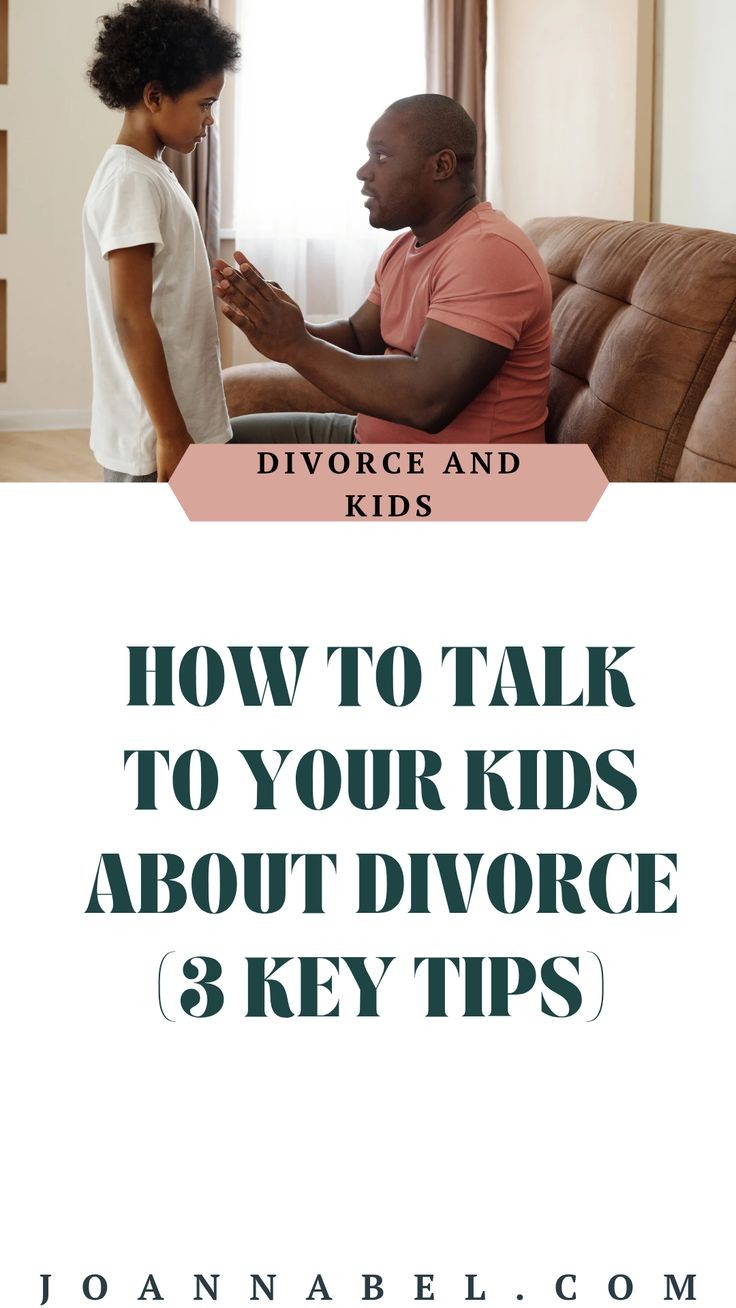
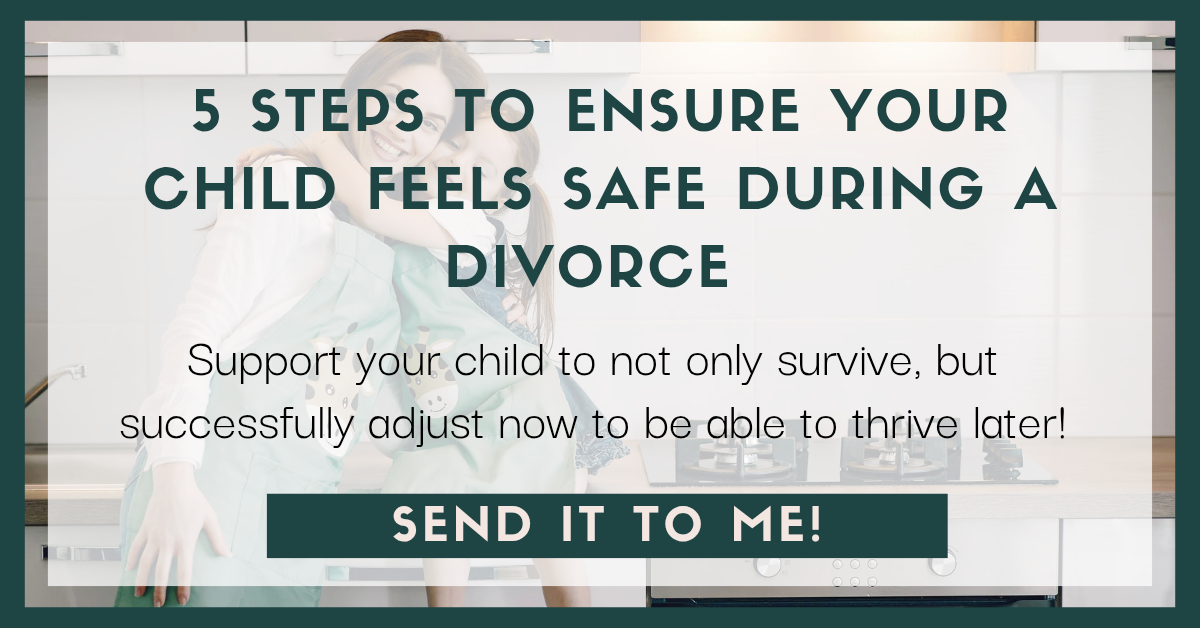
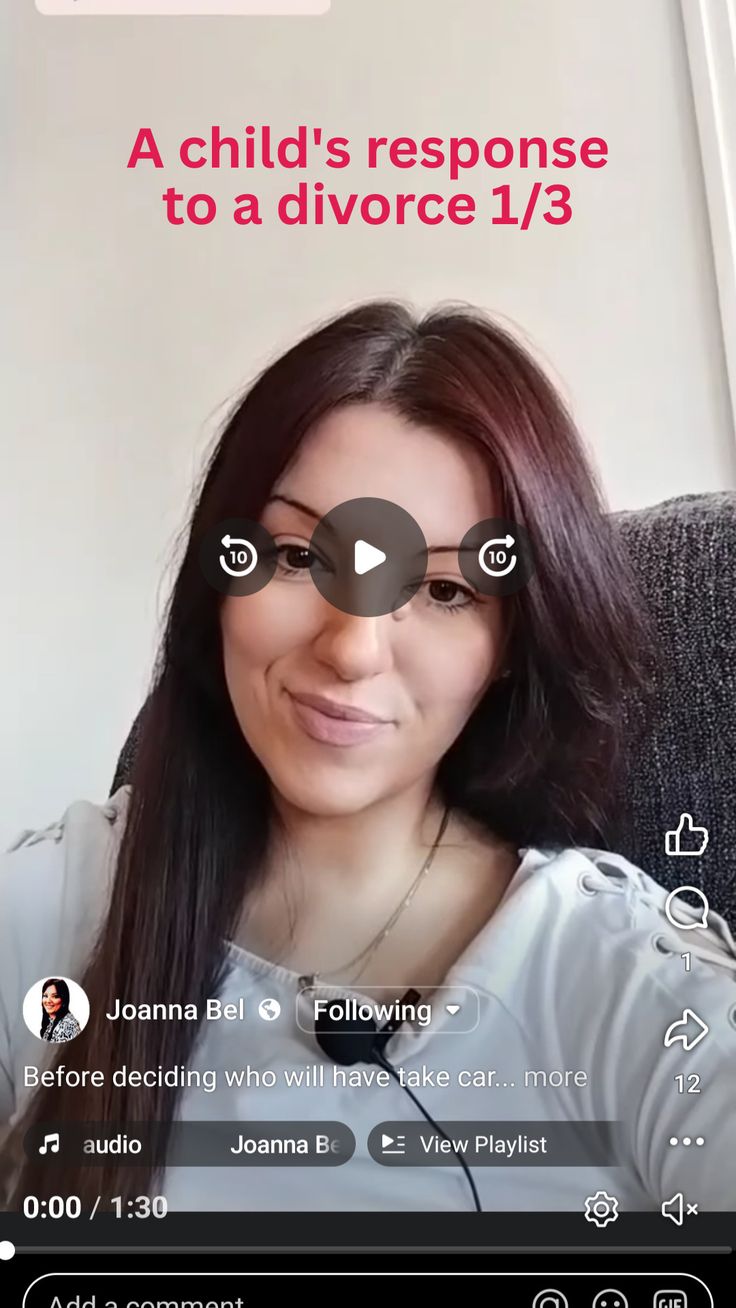
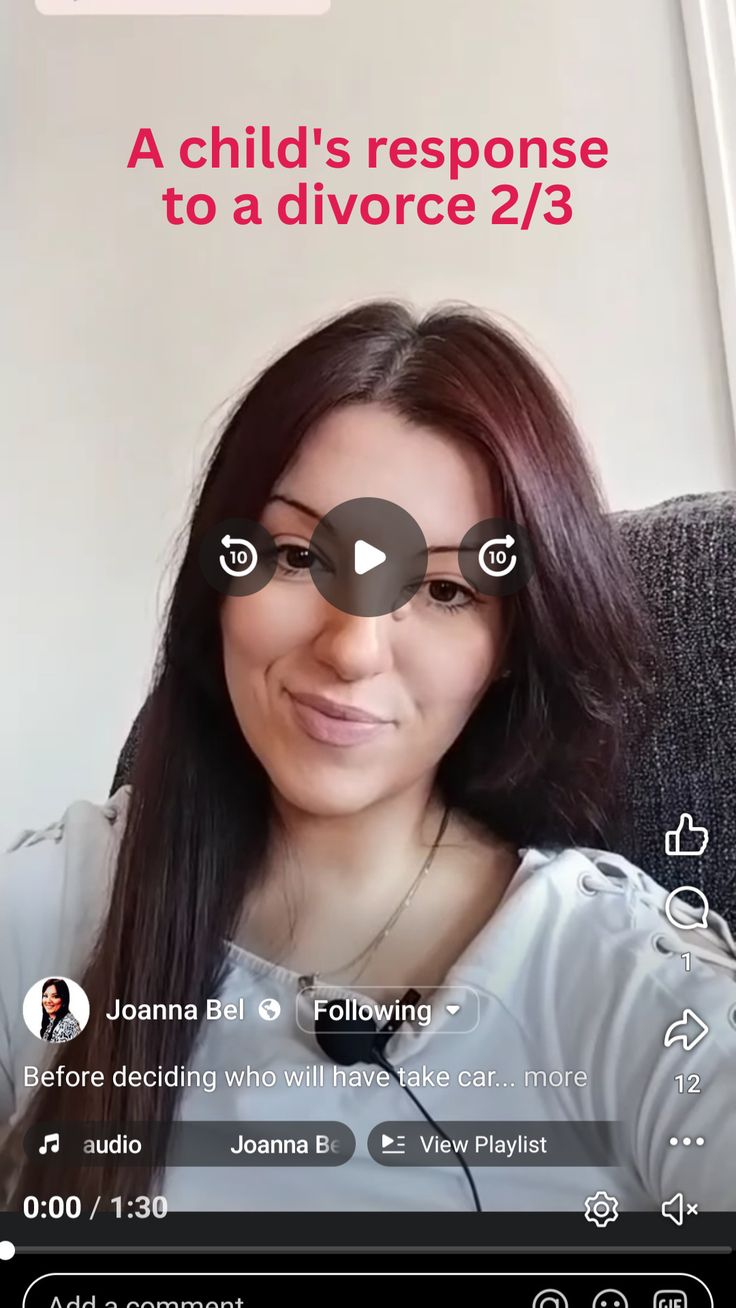
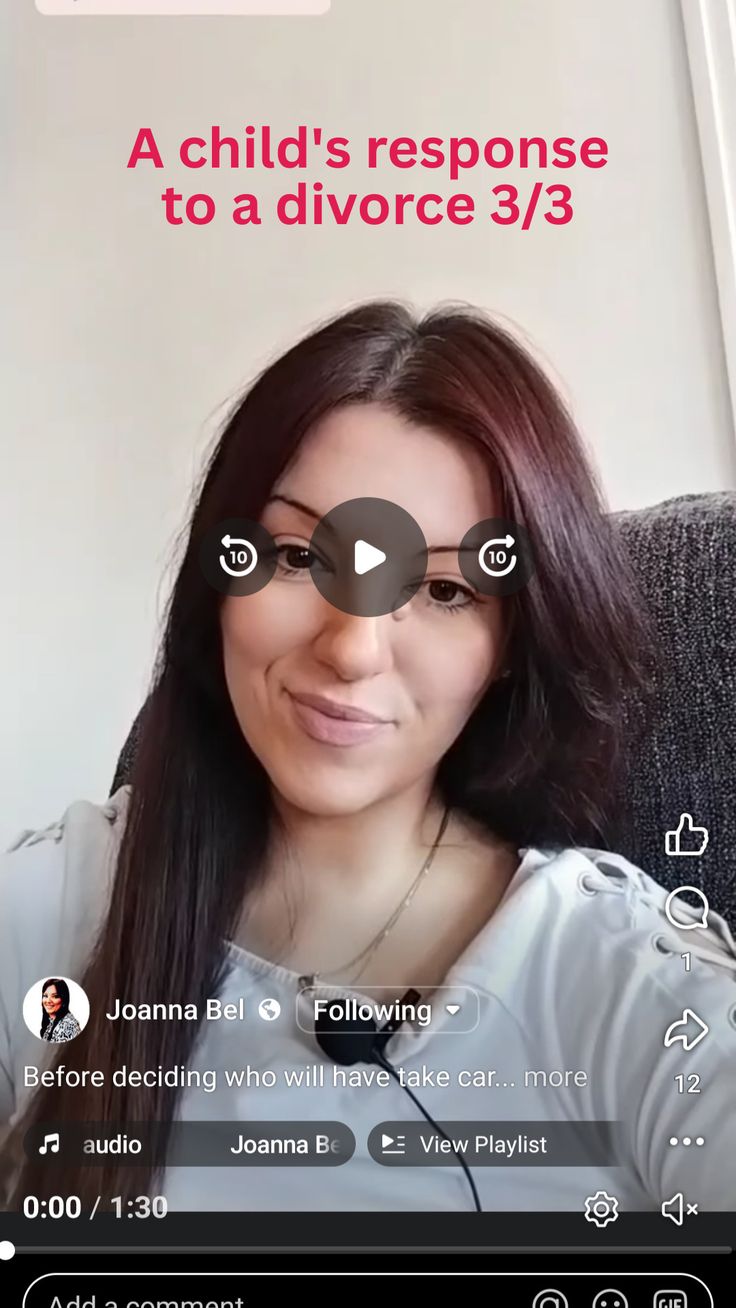








Leave a Reply